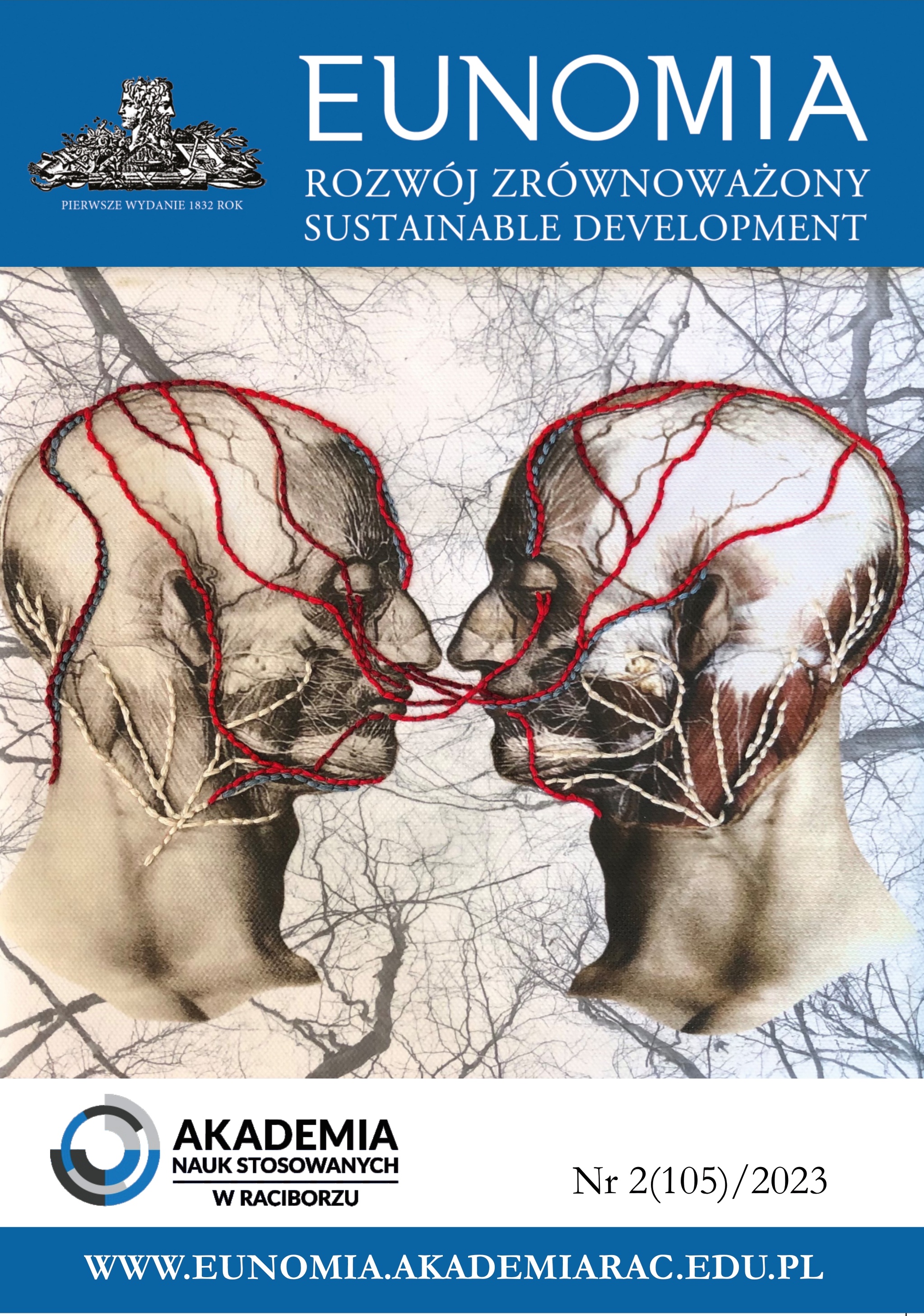RAFAL LEMKIN (1900-1959) – CORYPHAEUS OF HUMAN CONSCIENCES
Keywords:
Rafał Lemkin, genocide, convention, lawAbstract
The signing of peace treaties after the end of World War I was supposed to ensure international peace and security in the world. War was to be eliminated from human history once and for all. Meanwhile, the revisionist policies pursued by extreme nationalist political groups in Rome and Berlin enjoyed enormous support from the masses. Western democracies wanted to avoid another armed conflict, which is why they decided to cooperate with regimes as part of the policy of appeasement. Unfortunately, such a policy was doomed to failure in advance, which resulted in World War II. The enormity
of the atrocities and crimes committed during the war was unimaginable and did not fit into any political dictionaries. All elementary rules and laws of war were broken, all standards of international law were trampled upon, and the treatment of civilians was an expression of the greatest dehumanization and barbarism that has ever taken place in the history of mankind. Winston Churchill stated in one of his excellent speeches that "we are witnessing a nameless crime". After the end of World War II, the Allies tried the main German criminals who committed terrible crimes. Taught by experience, politicians have been forced by the international community to act to secure the future and fate of humanity from committing further "nameless crimes". On December 9, 1948, the UN General Assembly unanimously adopted the Convention on the Prevention and Punishment of the Crime of Genocide, which entered into force on January 12, 1951. The slogan "Never again" was on the lips of the whole world and is repeated every time in the case of committing genocide, war crimes, crimes against humanity m.in: the Khmer (1975-1979); Kurds in Iraq (1988); Rwanda (1994); Srebrenica (1995); or Bucha (2022). In 2015, the UN General Assembly established December 9 as the International Day of Remembrance and Dignity of Victims of Genocide and Prevention of Genocide. The war in Ukraine has meant that war criminals cannot feel unpunished and count on avoiding punishment for committing the most serious crimes of crimes. He took care of it more than seventy years earlier – Rafał Lemkin. Polish lawyer, creator of the term "genocide" and initiator and chief architect of the UN Genocide Convention of 9 December 1948, who devoted his entire private and professional life to never again calling the crimes committed "nameless crimes", but the crimes of genocide. Rafał Lemkin "FATHER OF THE GENOCIDE CONVENTION".
Published
Issue
Section
License
Copyright (c) 2023 University of Applied Sciences in Raciborz

This work is licensed under a Creative Commons Attribution-NonCommercial-NoDerivatives 4.0 International License.


